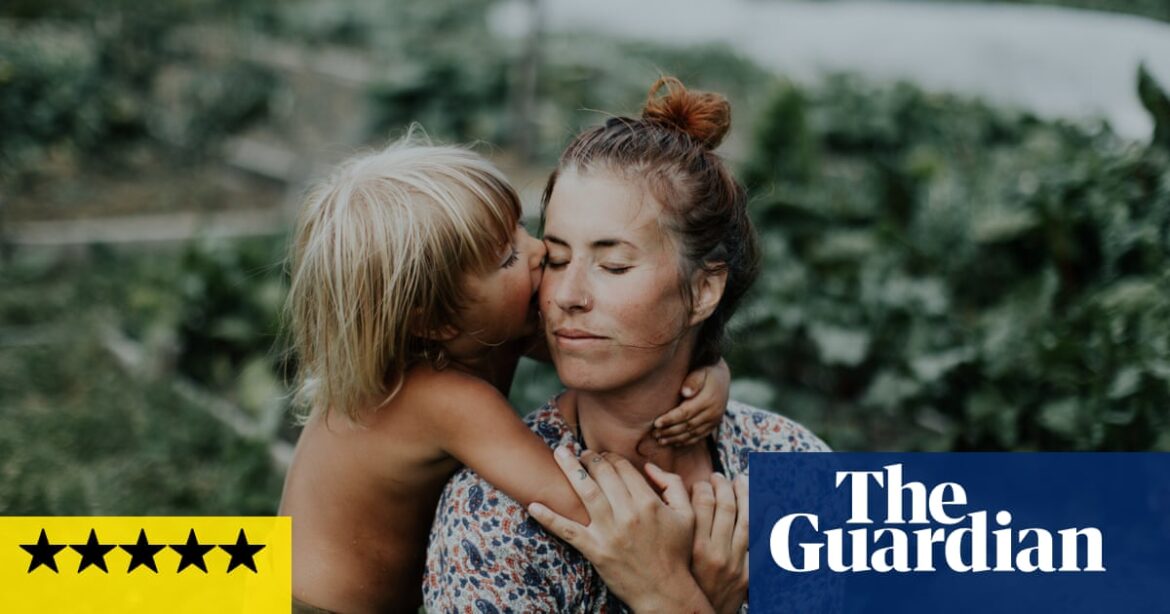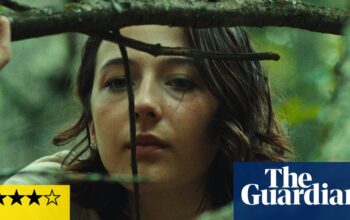
This sad and beautiful documentary from Norwegian film-maker Silje Evensmo Jacobsen tells a painful, complicated story, more complicated than even the film itself explicitly reveals. It’s a story that the director appeared to have chanced upon through following the blog of a brilliant photographer, Maria Vatne, who recorded her idyllic wilderness existence living on a farm in Norway with her British husband Nik Payne and their three home-schooled children, Ulv, Falk, and Freja, and an elder daughter Ronja, from Maria’s previous partner. But one blogpost from October 2018, titled A New Kind of Wilderness revealed that she had cervical cancer, and she died in 2019.
The film shows us the family coming to terms with their terrible loss and grief, particularly Nik. For a start, they can no longer live on their beloved farm because without Maria’s photography income Nik cannot keep up the mortgage repayments; they must move to a much smaller place and the kids will go to regular school. (So their former existence was not, in fact, as “off-grid” as all that; Maria’s website reveals that she took photography assignments and the idyllic farm images perhaps functioned in a way as a shopwindow.) The film allows us to wonder if Nik’s emotional wretchedness is subtly complicated by feelings of self-reproach as a breadwinner. Also, he ponders taking the children home to England where his relatives have a farm, but the children would find that insupportable and it might be the ultimate disloyalty to Maria.
Then there is Ronja, whom the film reveals to have moved back in with their dad, and her absence is itself, incidentally, something to ponder. Ronja reveals she always felt a little estranged from her half-siblings, especially Freja, and there is a painful, emotional break between the two of them as Ronja decides to move away from them all to Bodø in the remote Nordland county to train as a midwife (perhaps in an unacknowledged, unprocessed spirit of anger).
The film, with heartfelt sweetness, finally shows the children starting to grow up and move on, while for Nik it is not so easy. And then, over the closing credits, the director springs what is effectively a brilliant, subtle, extra-textual coup de cinema; she directs the audience to Maria’s website, perhaps in the knowledge that they might well read Maria’s blogpost from June 2016, called The Letting Go, which will send you back to watch the film all over again. A deeply humane and emotionally literate piece of work.
Source: theguardian.com



